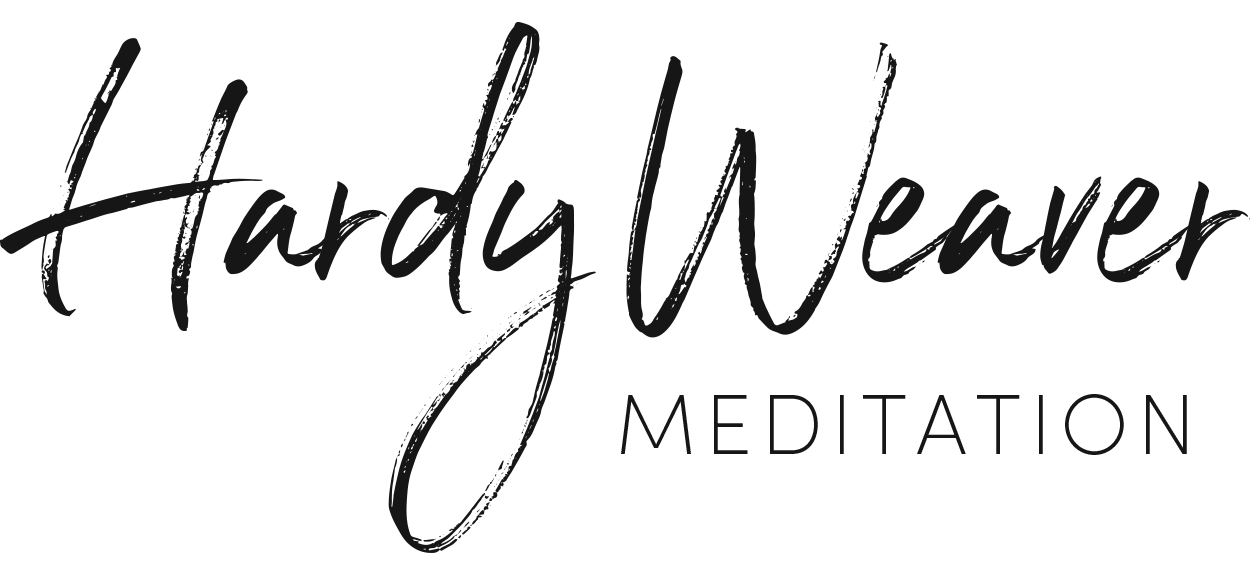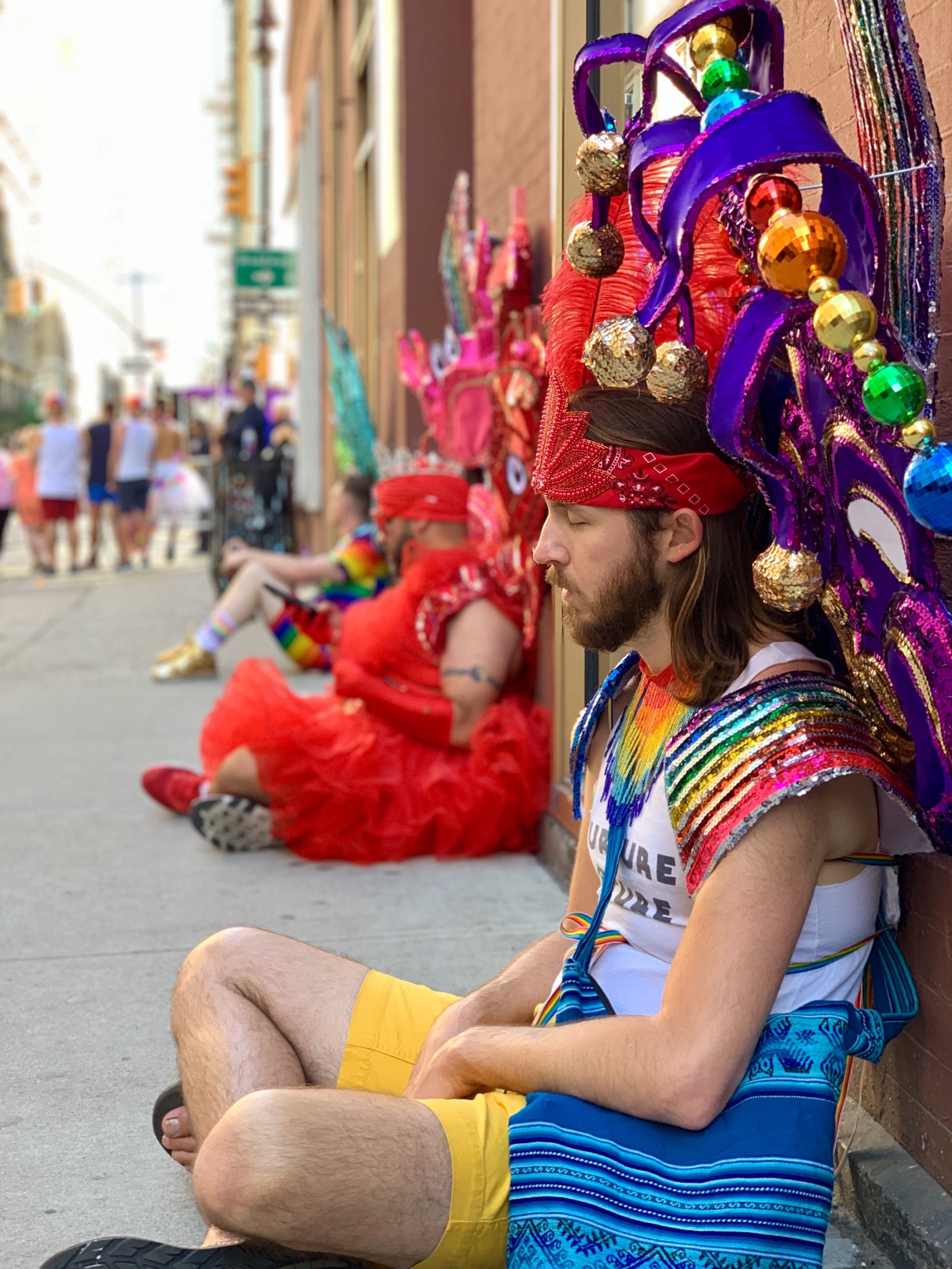
Vedic Meditation
An ancient practice that’s radically simple and easy to integrate into any lifestyle, this technique was designed thousands of years ago for and by people like us: people with jobs, relationships, and daily demands. It’s the simplest way to give the body regular access to rest that’s up to 5 times deeper than our deepest level of sleep.
When most folks think of meditation, they think of sitting upright, concentrating, and attempting to control the mind. There’s a reason why so many people think they can’t meditate: they’re practicing styles that weren’t designed for them. Those rigid, concentration-based styles were designed for monks. People living disciplined, reclusive lives needed a similar practice to go along with that lifestyle.
The Vedic approach is the complete opposite. We sit comfortably with our backs supported and can change our position at any time. Thoughts are a part of this style of meditation. Rather than trying to control the mind, we practice innocently surrendering to the natural tendencies of the mind. Noise is no barrier to meditation. I’ve meditated backstage at a Broadway show, at a Mardi Gras parade, and on the Staten Island Ferry surrounded by 200 screaming middle schoolers. And I was still able to have a great meditation.
Vedic Meditation is a practice of radical simplicity. In our overly-complex lives, it’s a radical act to sit down for 20 minutes, twice a day, and not do much. And it’s self sufficient. You don’t need anyone to guide you. Rather than needing to withdraw from the world in order to get some peace, you become your own sanctuary wherever you go. Relaxation is a byproduct of this practice. But at its core, Vedic Meditation is a powerful technique that changes how our nervous systems operate on a daily basis.
Benefits
Reduced anxiety and depression
Better sleep
Faster reaction times
Increased energy levels
Lower cholesterol
Clarity of mind
Lower blood pressure
Reduced stress
Improved health
Greater happiness
More effectiveness at work
*Hardy teaches Vedic Meditation and was trained to teach this form of meditation by Thom Knoles, who continues to teach Vedic Meditation. Thom was trained as a teacher of Transcendental Meditation (“TM”) by Maharishi Mahesh Yogi (“Maharishi”), and taught it for over 25 years with organizations affiliated with Maharishi. Since 1997, Thom has continued to teach meditation as he learned it from Maharishi, and has done so independently and separately from the TM organizations. Hardy Weaver is an independent meditation teacher. He is not affiliated in any way with the Maharishi Foundation USA, or with any trademark, program or organization that is affiliated with, or a licensee of, the Maharishi Foundation USA.
The form of meditation that Thom Knoles taught for over 25 years with the TM organizations has been the subject of hundreds of scientific studies showing a wide range of benefits from regular practice. These studies, which refer to this form of meditation using the name “Transcendental Meditation” or “TM”, support the benefits obtainable from regular practice of Vedic Meditation, which are referenced above. Vedic Meditation is not intended to be a substitute for professional medical diagnosis or treatment. Always seek the advice of your physician or other qualified health provider regarding any medical condition.

Book a free introductory talk and see if it’s right for you.
Schedule a free chat over the phone or on Zoom and I’ll answer any questions you may have. There’s no obligation to sign up afterwards.


